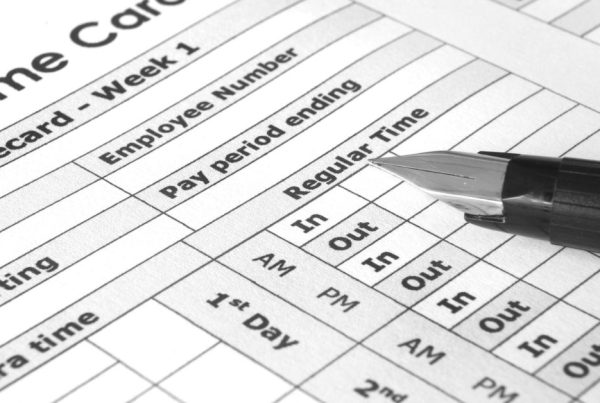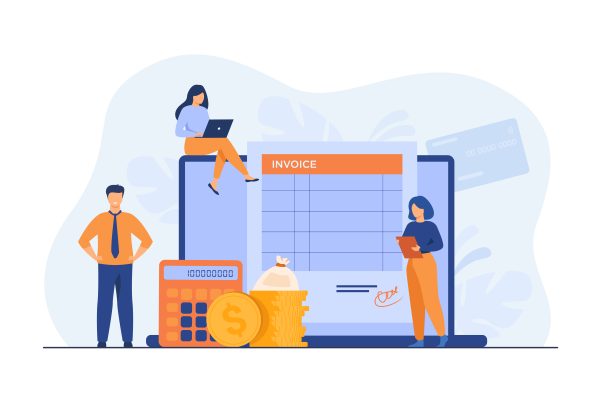
Blockchain technology is rapidly transforming various industries, and engineering is no exception. For engineering firms, maintaining secure and tamper-proof project data is crucial. Blockchain offers a robust solution with its decentralized and immutable ledger, ensuring data integrity and security. This technological advancement not only secures project documentation and enhances supply chain management but also leverages smart contracts to streamline project milestones and payments, fostering transparency and accountability. As engineering firms explore the future prospects of blockchain, integrating this technology with existing management and accounting systems like Minute7 can lead to increased efficiency, cost savings, and improved collaboration.
Understanding Blockchain Technology in Engineering
Blockchain technology is a method of recording information that makes it difficult or impossible to alter, hack, or cheat the system. Essentially, a blockchain is a digital ledger of transactions duplicated and distributed across the entire network of computer systems on the blockchain (source). Each block in the chain contains a number of transactions, and every time a new transaction occurs, a record of that transaction is added to every participant’s ledger. This decentralized database managed by multiple participants is known as Distributed Ledger Technology (DLT), and blockchain is a type of DLT where transactions are recorded with an immutable cryptographic signature called a hash (source).
Data security is vital for engineering firms as it safeguards digital information throughout its entire lifecycle against corruption, theft, or unauthorized access. This encompasses everything from hardware and software to storage devices and user devices, as well as access controls and organizational policies (source). For engineering firms, maintaining secure and tamper-proof project data is essential to prevent data breaches, comply with stringent data protection regulations, and protect the integrity of project information. Robust data security strategies can help organizations defend against cyberattacks, minimize the risk of human error and insider threats, protect their reputation, and ensure compliance with legal data protection obligations (source).
Blockchain technology significantly enhances data security and integrity. Its decentralized and immutable framework ensures the reliability and transparency of data, making data manipulation nearly impossible (source). Each block of data is cryptographically linked to its predecessor, creating an unbreakable chain. Once data is recorded on a blockchain, altering or deleting it without network consensus is nearly impossible, ensuring that the historical record of data remains untampered and accurate over time (source). In the context of engineering data management, blockchain can secure sensitive data, reduce the risk of fraud, improve efficiency, and lower costs. For example, data engineers can use blockchain technology to support blockchain-based data storage and management, enhancing the overall effectiveness and quality of data management (source).
In summary, blockchain technology provides powerful tools for improving data security in engineering, offering a robust solution for storing, managing, and securing project data.
Applications of Blockchain in Engineering Project Data Management
Blockchain technology offers several compelling applications for enhancing project data management in engineering firms. These applications leverage blockchain’s inherent features of immutability, transparency, and decentralization to ensure data integrity and security.
Project Documentation
One of the primary applications of blockchain in engineering is securing project documents and records. Blockchain’s decentralized ledger system ensures that once data is recorded, it cannot be altered without consensus. This immutability is crucial for maintaining the accuracy of project data, such as blueprints, plans, and timelines, which often involve multiple stakeholders. For example, in civil engineering, every change in plans or materials is recorded, time-stamped, and stored in an unchangeable ledger. This ensures that no one can tamper with the finalized plans or specifications, minimizing disputes and ensuring transparency in project progress (source).
Smart Contracts for Project Milestones
Smart contracts are another innovative application of blockchain technology in engineering. These self-executing contracts have the terms of the agreement directly written into code, automating processes when specific conditions are met. In engineering projects, smart contracts can manage and automate project milestones and payments. For instance, they can automatically schedule maintenance tasks when operational thresholds are met or trigger payments upon the completion of specific project phases. This automation ensures transparent and accurate record-keeping, contributing to the overall reliability and efficiency of engineering project management (source).
Supply Chain Management
Blockchain technology also enhances the security and traceability of materials and components in the engineering supply chain. By registering parts and materials on a blockchain, firms can improve end-to-end traceability, ensuring the authenticity and quality of components. This transparency helps prevent subpar materials from entering the pipeline and ensures compliance with industry standards. For example, manufacturers can create digital certificates for critical components, detailing their origin, manufacturing process, and compliance, all recorded on the blockchain for easy verification (source).
In summary, blockchain technology provides robust solutions for secure project data management in engineering firms. By securing project documentation, automating project milestones with smart contracts, and enhancing supply chain management, blockchain can significantly improve data integrity, transparency, and efficiency in engineering projects.
Future Prospects and Considerations for Blockchain in Engineering
Potential Benefits
Blockchain technology offers numerous advantages for the engineering sector. By enhancing trust, security, and transparency, it significantly improves the traceability of project data across a business network (source). This increased trust results from blockchain’s secure, transparent, and instantly traceable nature, which can substantially reduce overhead and transaction costs (source). For project management, blockchain aids in developing systems that enhance communication accuracy and integrity while maintaining a transparent and immutable record of transactions (source). Additionally, blockchain can streamline accounting processes by reducing the costs associated with maintaining and reconciling ledgers, providing absolute certainty over asset ownership and history (source).
Challenges and Limitations
Despite its benefits, implementing blockchain technology comes with several challenges. Scalability is a significant issue, as public blockchains can process only a limited number of transactions per second, leading to slower transaction times and higher costs during network congestion (source). Additionally, blockchain’s energy consumption, particularly with Proof of Work (PoW) consensus mechanisms, raises environmental concerns due to the significant computational power required (source). Interoperability is another challenge; as more blockchains are developed with unique protocols and standards, ensuring they can interact seamlessly becomes critical (source).
Integration with Existing Systems
Integrating blockchain with existing project management and accounting systems, such as Minute7, is crucial for seamless operations. As blockchain technology evolves, it is expected to integrate more with artificial intelligence and form a coherent ecosystem for advanced continuous audits (source). For accounting professionals, blockchain provides immutable, shared, and verified data, enhancing decision-making and improving project management efficiency (source). For engineering firms, integrating blockchain with systems like Minute7 can streamline project management and accounting processes, enhancing overall efficiency and productivity. By leveraging Minute7’s robust time tracking and expense reporting capabilities alongside blockchain’s secure and transparent framework, engineering firms can ensure reliable and tamper-proof project records, ultimately fostering a more efficient and collaborative working environment.
Embracing Blockchain for Enhanced Project Data Security
In conclusion, blockchain technology presents a transformative opportunity for engineering firms aiming to bolster the security and integrity of their project data. By leveraging blockchain’s decentralized and immutable ledger, firms can ensure that their project documentation remains secure and tamper-proof, enhancing transparency and trust among stakeholders. The application of smart contracts further automates and secures project milestones and payments, while the traceability provided by blockchain can revolutionize supply chain management by ensuring the authenticity and quality of materials used.
As engineering firms navigate the future of blockchain integration, they must consider the potential benefits alongside the challenges and limitations. While scalability, energy consumption, and interoperability pose significant hurdles, the long-term advantages of increased efficiency, cost savings, and improved collaboration are compelling.
Integrating blockchain technology with existing systems like Minute7 can play a pivotal role in this transition. Minute7’s robust time tracking and expense reporting capabilities, combined with blockchain’s secure framework, provide engineering firms with a comprehensive solution for managing project data. This integration ensures that project records are reliable and tamper-proof, fostering a more efficient and collaborative working environment. By embracing these technological advancements, engineering firms can position themselves at the forefront of innovation, ready to tackle the complexities of modern project management with confidence and security.
For more information on how Minute7 can support your engineering firm in leveraging blockchain technology for secure project data management, visit Minute7.



